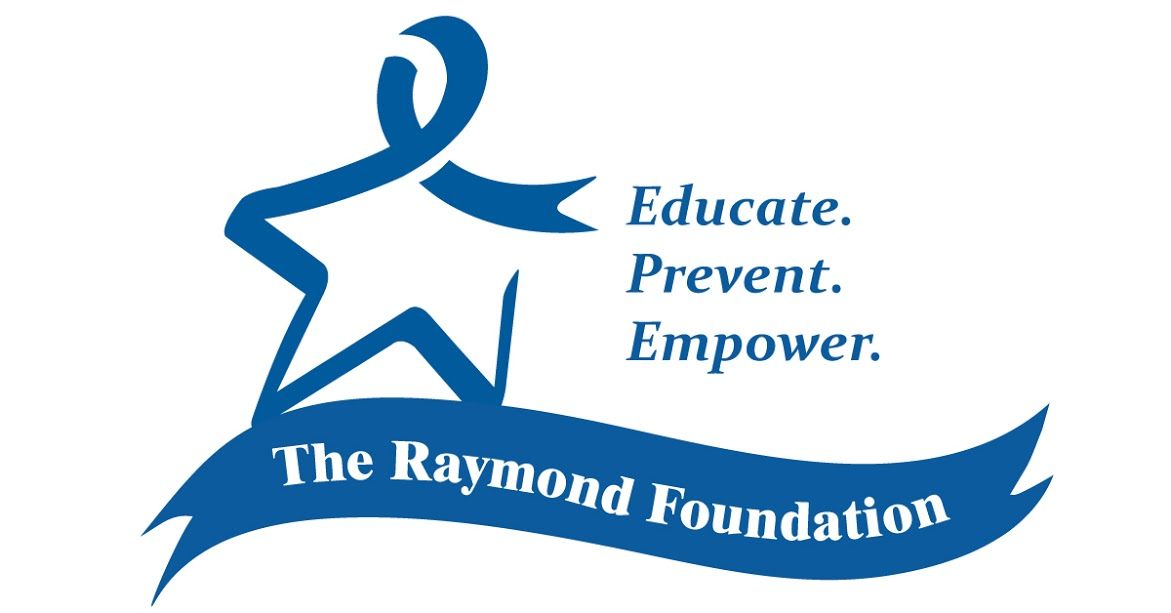
Action Plan 'Pays It Forward' and Offers Road Map to Cancer Caregiving

The Raymond Foundation released the Cancer Caregiver Action Plan to help others with emotional support and information.
It is often said that caregivers find themselves amidst a cancer journey with little to no training — something that can often be overwhelming. To help with this, the Raymond Foundation released the Cancer Caregiver Action Plan.
This plan was developed based on conversations with fellow
CURE spoke with Martha Raymond, CEO and founder of the
CURE: Can you give a brief overview of what the cancer caregiver action plan is — how the two chapters are broken up?
Raymond: The Cancer Caregiver Action Plan provides a 'road map' for cancer caregivers to help manage the multiple tasks that are required of a caregiver. The Action Plan is divided into two chapters - the first chapter provides resources and information to help caregivers prioritize their own self-care and well-being throughout the cancer journey. Information and resources such as building a caregiver support team, enhanced understanding of the many emotions that caregivers face, and ideas to help improve overall quality of life. The second chapter provides resources and information for caregivers to help manage the multiple tasks involved in caring for the patient, including tracking treatment side effects, managing medications and oral therapies, and strategies for becoming an empowered advocate on behalf of the patient.
How did the foundation utilize the idea of “paying it forward?”
We developed the Action Plan based on interviews and conversations with cancer caregivers who asked for a way to 'pay it forward' and offer their real-world perspective to help fellow caregivers. Utilizing the caregiver voice and perspective were vitally important to us as we created the Action Plan. Caregivers know firsthand what their unmet needs are, and we are honored to offer a platform and resource to help caregivers 'pay it forward.'
Why do you think it is important to incorporate real-life experiences and perspective in to the plan?
Throughout my career as a patient and caregiver advocate, I've learned that the most important and impactful programs and resources are developed with the patient and caregiver voice as the cornerstone. Keeping the patient and caregiver perspective front and center leads to true patient and caregiver centered initiatives.
Why are resources like this important for caregivers to have?
Cancer caregivers are truly an underserved population. Many caregivers have little or no background or training for caring for someone with cancer, and find themselves thrust into caring for a cancer patient without adequate information or understanding of the disease. Caregivers want to make informed decisions that will lead to improved quality of life for their patient, but without resources, education or training often times feel they are not qualified to perform the tasks required of them. This leads to increased levels of stress and anxiety. In addition, many caregivers also have careers, children, spouses and community obligations and feel pulled in multiple directions without enough hours in the day.
What are you hoping is the number one thing caregivers will take away from this plan?
You are not alone. There are caregivers experiencing similar situations, emotions and concerns at this very moment, and together we are here to support and care for each other. We are stronger together.
Caregivers can visit theraymondfoundation.org to find the




